How To Find The Perfect NFT Developer For Your Project in 2024
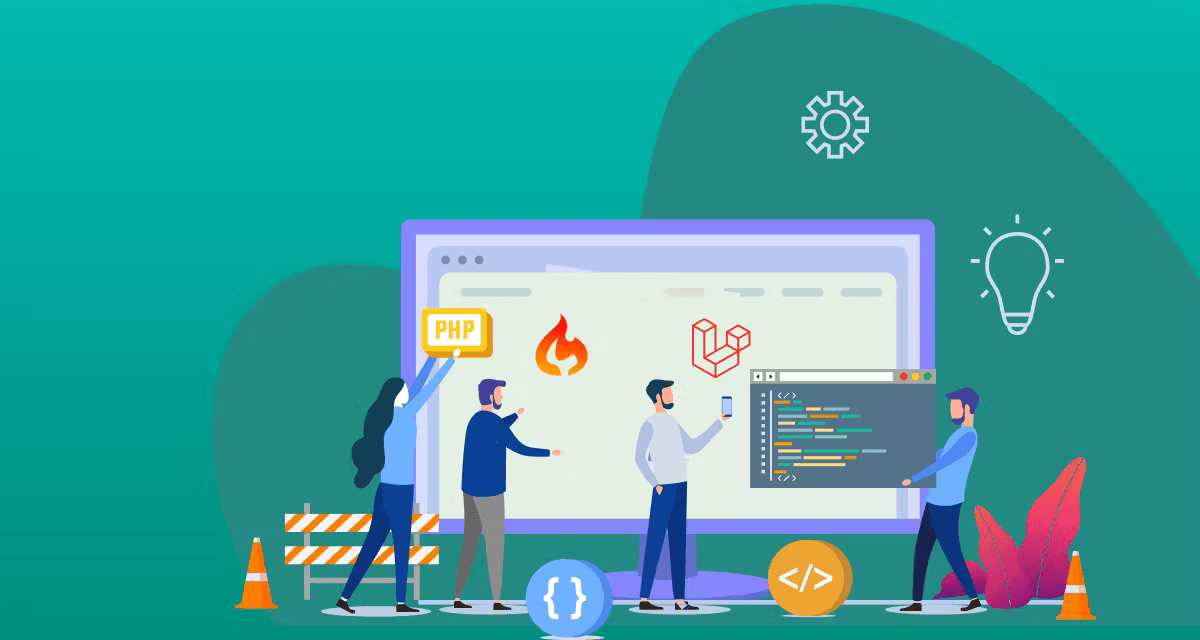 In the ever-evolving landscape of technology, non-fungible tokens (NFTs) have emerged as a revolutionary force, transforming the way we perceive and exchange digital assets. As we step into 2024, the demand for skilled NFT developers is higher than ever, and navigating this dynamic space requires a comprehensive guide.
In the ever-evolving landscape of technology, non-fungible tokens (NFTs) have emerged as a revolutionary force, transforming the way we perceive and exchange digital assets. As we step into 2024, the demand for skilled NFT developers is higher than ever, and navigating this dynamic space requires a comprehensive guide.
This blog post aims to provide you with valuable insights and practical steps on how to hire NFT developers who are not just proficient but also the perfect fit for your unique project. But before we delve into the hiring process, let’s build a solid foundation by exploring the fundamentals.
What Are Non-Fungible Tokens?
NFTs, or non-fungible tokens, represent a paradigm shift in ownership and authenticity verification in the digital realm. These unique digital assets leverage blockchain technology to ensure transparency, security, and individuality. Unlike traditional cryptocurrencies such as Bitcoin or Ethereum, NFTs are indivisible and irreplaceable, making each one a distinct and valuable entity.
Leading NFT Platforms to Explore in 2024
Navigating the expansive world of non-fungible tokens (NFTs) requires a keen understanding of the platforms that underpin this innovative ecosystem. As we step into 2024, several platforms stand out for their unique features and contributions to the NFT space. Exploring these leading NFT platforms is essential for creators, collectors, and investors seeking to capitalize on the burgeoning NFT market. Let’s delve into the key platforms shaping the NFT landscape in 2024.
1. Ethereum
Renowned for pioneering NFTs, Ethereum remains a powerhouse in the NFT space. Its smart contract capabilities and extensive developer community make it a top choice for creators and collectors alike. Ethereum’s robust infrastructure continues to serve as the foundation for countless NFT projects, setting the standard for innovation in the digital asset space.
2. Binance Smart Chain (BSC)
BSC has gained popularity for its low transaction fees and fast processing times. NFT developers often leverage BSC to create cost-effective and efficient NFT platforms, attracting projects with a focus on affordability. The BSC ecosystem provides a viable alternative for those looking to minimize transaction costs without compromising performance.
3. Polygon
With scalability and low gas fees, Polygon has become a go-to solution for NFT projects looking to scale seamlessly. Its interoperability with Ethereum adds an extra layer of versatility. Polygon’s commitment to addressing scalability challenges positions it as a prominent platform for NFT creators seeking efficiency and cost-effectiveness.
4. Tezos
Tezos stands out for its self-amending blockchain, which enables seamless upgrades without forks. It offers a secure and efficient environment for NFT development, appealing to those prioritizing adaptability and security. Tezos’ focus on governance and flexibility positions it as an attractive option for developers seeking a robust and evolving blockchain foundation.
5. Flow
Flow is designed for high-performance blockchain applications, making it ideal for NFTs that require enhanced scalability and user experience. Its unique architecture caters to the growing demand for interactive and engaging NFT projects. Flow’s commitment to providing a seamless experience positions it as a platform to watch in the evolving NFT landscape.
6. Solana
Solana’s high throughput and low transaction costs make it an attractive option for NFT projects seeking fast confirmation times and enhanced efficiency. Solana’s ecosystem is proving to be fertile ground for innovative NFT endeavors. Its commitment to performance and scalability positions Solana as a leading platform in the fast-paced world of NFTs.
Why NFTs are Popular in the Current Market
The current market is witnessing an unprecedented surge in the popularity of non-fungible tokens (NFTs), marking a transformative shift in the digital landscape. Understanding the reasons behind this phenomenon is crucial for both enthusiasts and businesses looking to capitalize on the immense potential of NFTs. Let’s explore the key factors contributing to the widespread popularity of NFTs in today’s dynamic market.
1. Digital Ownership
NFTs redefine digital ownership by providing a transparent and secure way to establish ownership of digital assets. Unlike traditional digital files that can be replicated endlessly, NFTs represent unique and irreplaceable ownership, fostering a sense of exclusivity and authenticity.
2. Decentralization
Blockchain’s decentralized nature eliminates the need for intermediaries, empowering creators and collectors alike. NFTs operate on decentralized networks, enabling direct peer-to-peer transactions without relying on centralized authorities. This decentralized model aligns with the ethos of empowerment and autonomy sought by participants in the NFT space.
3. Limited Supply
Scarcity is a fundamental economic principle, and NFTs leverage this concept to enhance their value. Many NFTs are intentionally issued in limited quantities, creating a sense of exclusivity. The limited supply of certain NFTs contributes to their desirability and perceived value among collectors.
4. Interoperability
NFTs are designed to be interoperable, meaning they can be seamlessly transferred and traded across different platforms. This interconnectedness fosters a dynamic and expansive market, allowing NFTs to reach a broader audience and facilitating diverse forms of collaboration within the NFT ecosystem.
5. Smart Contracts
Smart contracts embedded in NFTs automate various processes, including transactions and royalty payments. These self-executing contracts ensure that creators receive a portion of resale profits automatically, addressing long-standing issues in traditional art markets where creators often miss out on secondary sales.
6. Community Engagement
NFTs often come with a strong community aspect, fostering engagement between creators, collectors, and enthusiasts. Online communities, forums, and social media platforms dedicated to NFTs provide a space for collaboration, discussion, and promotion. This sense of community contributes to the overall success and visibility of NFT projects.
Advantages of Embracing NFT Technology
The widespread adoption of non-fungible tokens (NFTs) has ushered in a new era for creators, collectors, and investors in the digital realm. Understanding the advantages of embracing NFT technology is crucial for navigating this transformative landscape. Let’s delve into the myriad benefits that come with incorporating NFTs into various facets of the digital ecosystem.
1. Immutable Ownership
Blockchain’s immutable nature ensures the permanence and unalterable ownership records of NFTs. This characteristic not only secures the current owner’s rights but also adds long-term value to the digital asset. The tamper-resistant nature of blockchain technology mitigates the risks associated with fraud and disputes.
2. Fractional Ownership
NFTs introduce the concept of fractional ownership, allowing digital assets to be divided into smaller fractions. This democratization of ownership opens up new investment opportunities, enabling multiple investors to own a share of high-value NFTs. This inclusive approach revolutionizes the way individuals participate in the digital economy.
3. Global Accessibility
NFTs transcend geographical boundaries, providing creators with a global audience and greater exposure. The decentralized nature of blockchain ensures accessibility to a diverse and international market. This global reach empowers creators to showcase their work to a broader audience, fostering cultural exchange and collaboration.
4. Enhanced Creativity
The digital medium offers limitless possibilities for creative expression, and NFTs amplify this potential. Artists and creators can explore innovative and interactive ways to showcase their work, pushing the boundaries of traditional art forms. NFT technology empowers creators to experiment with new mediums and formats, driving a renaissance in digital art.
5. Monetization Opportunities
NFTs open up new revenue streams for creators, transforming the traditional model of art sales. Creators not only earn from the initial sales of their NFTs but also receive a percentage of resale transactions. This shift towards sustainable income models reshapes the way artists monetize their work, providing a more equitable compensation structure.
6. Proof of Authenticity
Blockchain’s cryptographic features ensure the authenticity and provenance of digital assets. NFTs serve as verifiable certificates of authenticity, eliminating doubts about the origin and legitimacy of the associated content. This robust proof of authenticity addresses concerns related to forgery and establishes trust within the NFT ecosystem.
Essential NFT Standards Every Developer Should Master
In the rapidly evolving landscape of non-fungible tokens (NFTs), developers must equip themselves with a thorough understanding of the essential standards that govern this dynamic space. Mastery of these standards not only ensures the seamless development of NFT projects but also contributes to the overall success and interoperability of the NFT ecosystem. Let’s explore the foundational standards that every NFT developer should prioritize.
1. ERC-721
The ERC-721 standard, synonymous with Ethereum, lays the groundwork for creating unique and indivisible tokens. Developers must master this standard, as it forms the backbone of the majority of NFTs on the Ethereum blockchain. Understanding ERC-721 is crucial for ensuring the proper representation and functionality of non-fungible tokens.
2. ERC-1155
ERC-1155 introduces a level of flexibility by allowing the creation of both fungible and non-fungible tokens within a single smart contract. Developers should master this standard to cater to projects that require a diverse range of token types. ERC-1155’s versatility has made it increasingly popular in the evolving NFT landscape.
3. BEP-721
For developers venturing into the Binance Smart Chain (BSC) ecosystem, mastering BEP-721 is imperative. This standard, akin to ERC-721, ensures compatibility with the broader NFT ecosystem. Proficiency in BEP-721 facilitates seamless development and integration of NFTs within the BSC blockchain.
4. NEP-11
NEP-11 outlines the standards for creating NFTs on the NEO blockchain. Developers exploring projects on NEO should master this standard to ensure the proper implementation and functionality of non-fungible tokens within the NEO ecosystem. A strong grasp of NEP-11 is fundamental for successful NFT development on NEO.
5. Flow Fungible Token Standard (FFT)
For those engaging with the Flow blockchain, understanding the Flow Fungible Token Standard (FFT) is essential. This specific standard ensures a seamless experience within the Flow ecosystem. Mastery of FFT is critical for developers working on projects that leverage the high-performance capabilities of the Flow blockchain.
6. SPL Token Standard
Solana’s SPL token standard provides a framework for creating both fungible and non-fungible tokens on the Solana blockchain. Developers looking to harness the speed and efficiency of Solana should master this standard. SPL’s design supports diverse NFT projects, making it a valuable skill for developers in the Solana ecosystem.
How to Hire the Perfect NFT Developer for Your Project
In the ever-evolving world of non-fungible tokens (NFTs), finding the right developer for your project is a critical step towards success. Navigating through the myriad of options and assessing candidates requires a strategic approach. Let’s delve into the key steps to ensure you hire the ideal NFT developer who aligns seamlessly with your project’s vision and goals.
1. Define Your Project Scope
Clearly outlining your project requirements is the first step in the hiring process. Consider the features, functionality, and scalability expectations of your NFT project. This blueprint will serve as a comprehensive guide, helping you identify developers with the precise skill set needed to bring your vision to life.
2. Look for NFT Specialization
Prioritize developers with a proven track record in NFT development. Scrutinize their portfolios and past projects, specifically focusing on those that align with your project’s goals. The ideal candidate should showcase expertise in creating successful NFT platforms, ensuring they understand the intricacies of the NFT landscape.
3. Evaluate Blockchain Knowledge
A deep understanding of blockchain technology is crucial for crafting secure and efficient NFT solutions. Ensure the developer is well-versed in the underlying blockchain platform you plan to use for your project. This foundational knowledge is essential for addressing the unique challenges posed by NFT development.
4. Assess Smart Contract Expertise
Smart contracts play a pivotal role in NFT functionality. Assess the developer’s proficiency in creating secure and efficient smart contracts tailored to your project’s needs. Verify their experience in coding smart contracts specific to NFTs, as this skill is fundamental to the seamless operation of NFT platforms.
5. Check Community Engagement
Active engagement in the NFT community is a positive indicator of a developer’s commitment to staying updated on the latest trends and innovations. Look for candidates who contribute to forums, attend conferences, or participate in open-source projects. This community involvement signifies a passion for the field and a dedication to continuous learning.
6. Consider Cross-Platform Experience
If your project involves multiple blockchain platforms, prioritize developers with experience in cross-platform NFT development. This expertise ensures seamless integration across different ecosystems, enhancing the overall efficiency of your project. The ability to navigate diverse blockchain environments is a valuable asset in the dynamic world of NFTs.
Conclusion
As the NFT market continues to flourish, finding the perfect developer for your project is not just a choice but a strategic decision. By understanding the basics of NFTs, exploring top platforms, recognizing their popularity and benefits, and identifying essential standards, you are well-equipped to make informed hiring decisions. The outlined steps provide a roadmap for success in hiring NFT developers who will bring your project to life in 2024. In this dynamic and innovative landscape, the right developer can make all the difference, ensuring your NFT venture stands out in a sea of digital creativity.
Nft Development
Nft Development Services
Nft Developer
Non Fungible Tokens
Nft Development Solution
 Follow
Follow
Written by Serenawilliams
24 Followers
·
Writer for
Coinmonks
I'm Serena wiliams a 6+ years Experience in blockchain. NFTs, crypto, and the future of tech. Let's talk.
More from Serenawilliams and Coinmonks

 Serenawilliams
Serenawilliams
in
Coinmonks
Mastering Crypto Trading: A Comprehensive Guide to Bot Development
In the rapidly changing landscape of cryptocurrency trading, staying ahead of the curve is crucial. One strategy gaining popularity is the…
7 min read
·
Dec 20, 2023
3
 Shantanu Gupta
Shantanu Gupta
in
Coinmonks
Which Crypto Will Explode in 2024? Here Are Some Of MyTop Picks.
As we approach the end of the year, investors worldwide are gearing up for the anticipated bull run in the crypto market, eyeing the next…
4 min read
·
Dec 19, 2023
732
5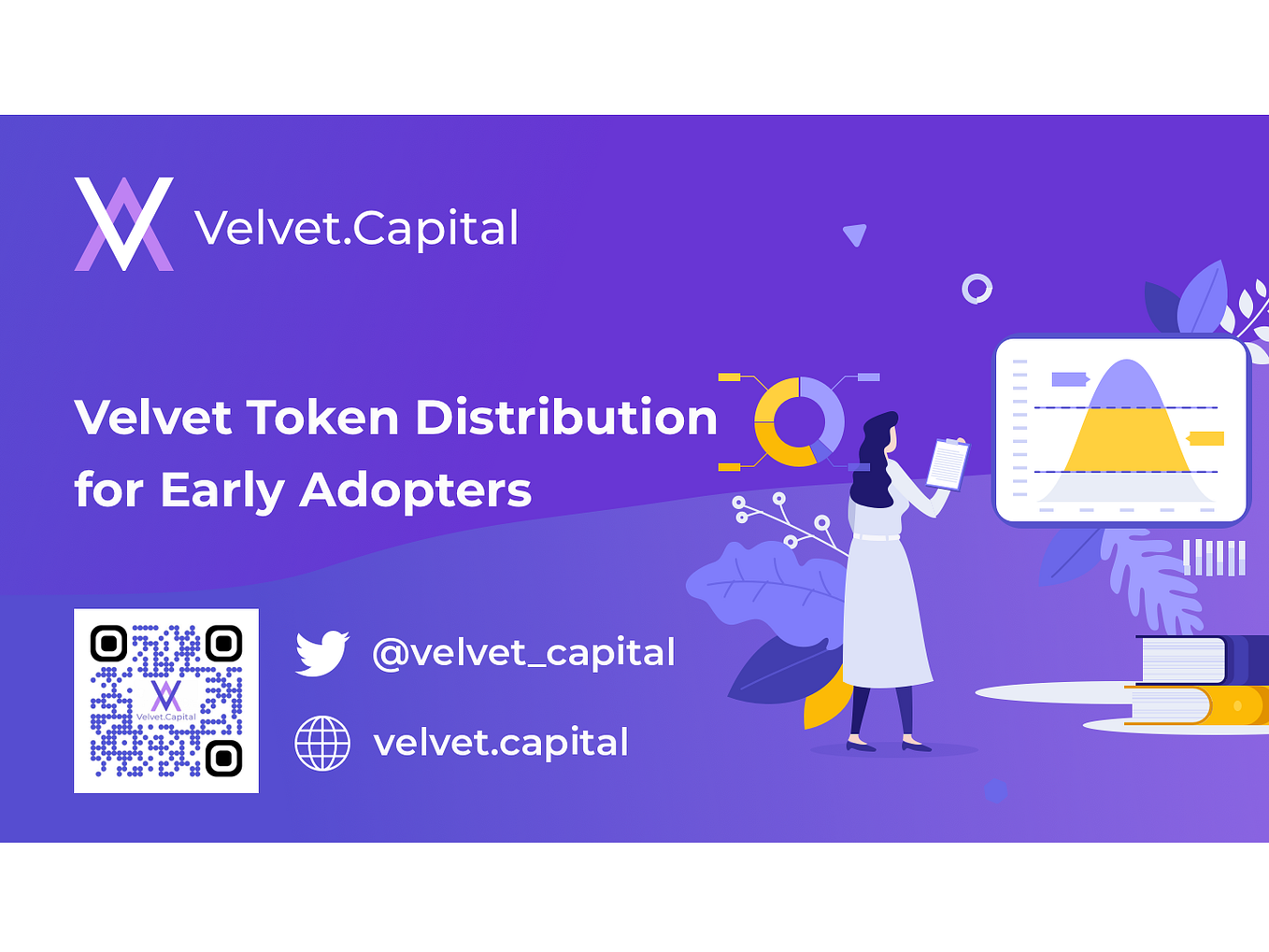
 Velvet.Capital
Velvet.Capital
in
Coinmonks
🚨Velvet.Capital Token Distribution (Airdrop)🚨
🚨 Airdrop Alert🚨: DeFi Asset Management Done right! Everything you need to know for Velvet.Capital’s Token Distribution & Airdrop!
4 min read
·
Dec 30, 2022
40K
1073
 Serenawilliams
Serenawilliams
in
Coinmonks
NFT in Sports: A Comprehensive Guide to Digital Assets and Market Dynamics
In the ever-evolving landscape of sports and technology, the integration of non-fungible tokens (NFTs) has emerged as a groundbreaking…
6 min read
·
Dec 26, 2023
Recommended from Medium

 Financeable
Financeable
12 Side Hustles You Can Do From Your Phone ($600+ Per Day)
Let’s be honest, if you’re reading this article, you probably have a phone or a laptop. And with this thing, you can make as much as $600…
13 min read
·
Dec 25, 2023
6.4K
105
 CodeX
CodeX
Strategic Partnership Forges Path in Web3: CodeX Welcomes Dutch Crypto Investment
In a move that heralds a new era in blockchain innovation, CodeX proudly announces a strategic investment from Dutch Crypto Investment…
3 min read
·
6 days ago
60
Lists


 Staff Picks559 stories
Staff Picks559 stories
·
646
saves

 Stories to Help You Level-Up at Work19 stories
Stories to Help You Level-Up at Work19 stories
·
423
saves

 Self-Improvement 10120 stories
Self-Improvement 10120 stories
·
1224
saves

 Productivity 10120 stories
Productivity 10120 stories
·
1119
saves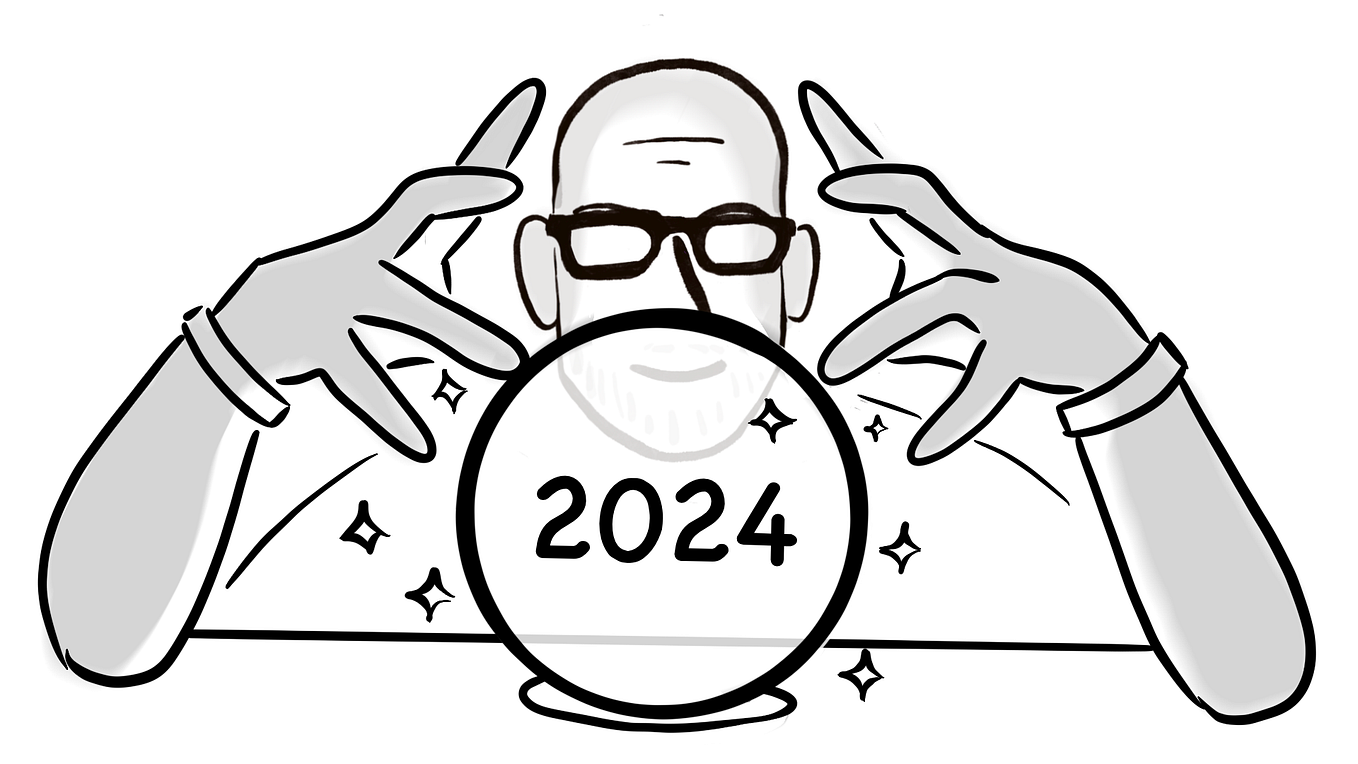
 Scott Galloway
Scott Galloway
2024 Predictions
Each year, we review/make predictions re the past/coming year. Most years, we hit more than we miss. But we do miss — if we made 10…
11 min read
·
Jan 6
9.3K
124 James Presbitero Jr.
James Presbitero Jr.
in
Practice in Public
These Words Make it Obvious That Your Text is Written By AI
These 7 words are painfully obvious. They make me cringe. They will make your reader cringe.
4 min read
·
Jan 1
15.2K
436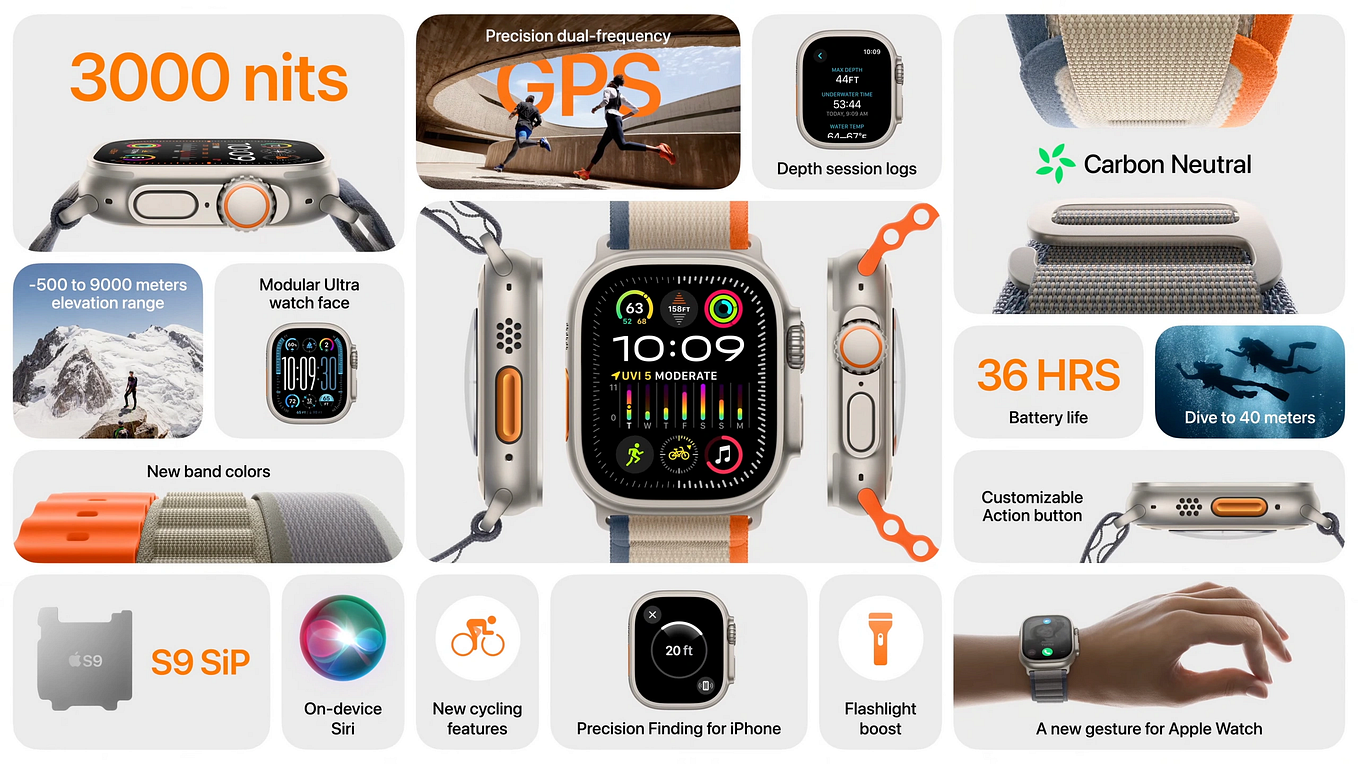
 Punit Chawla
Punit Chawla
in
Prototypr
UX/UI Design Trends Going Into 2024
Every year, we have a line up of new design trends that not only look good, but also stick around and influence other designers to “steal”…
10 min read
·
Dec 13, 2023
6.8K
58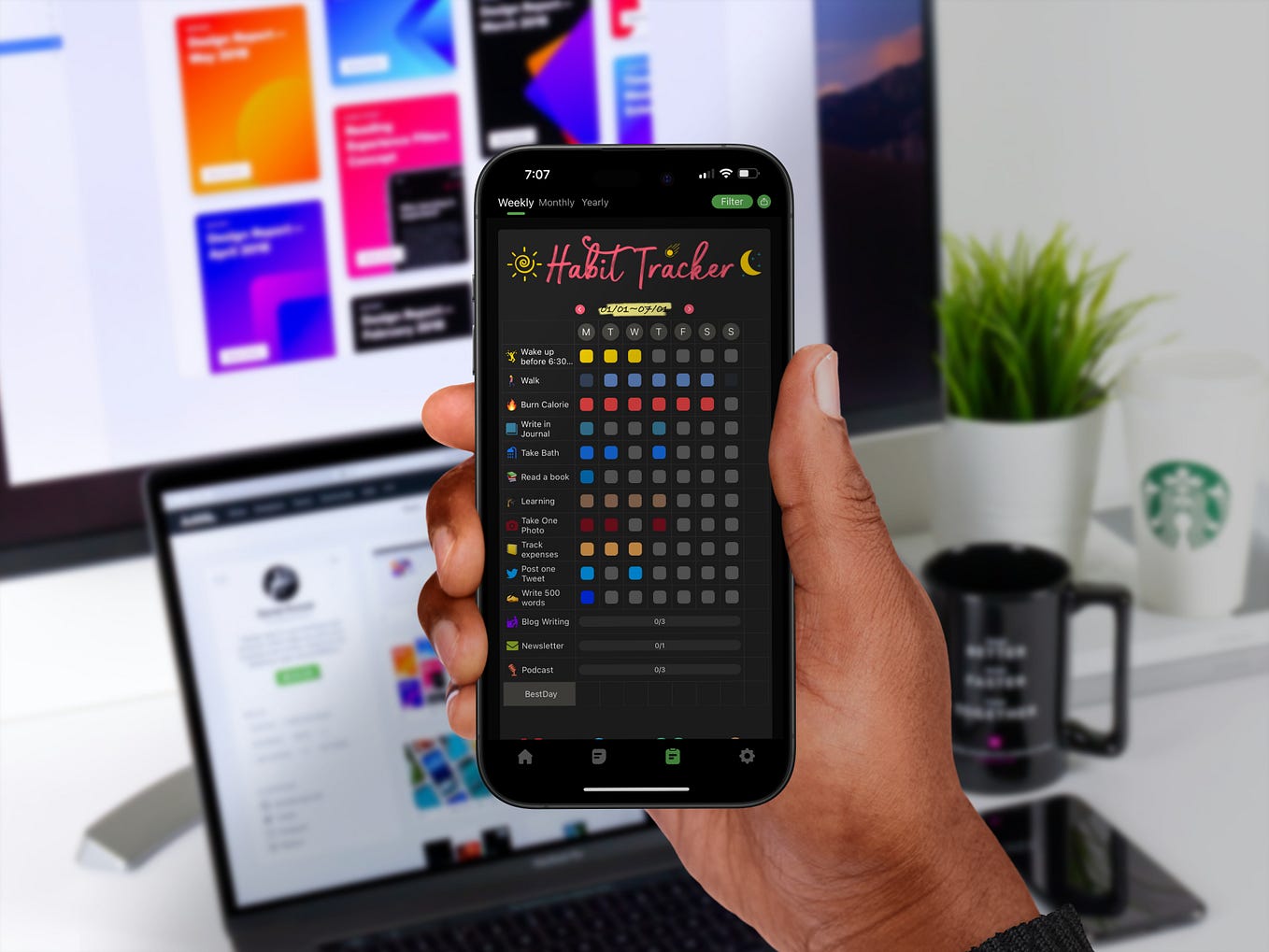
 The Useful Tech
The Useful Tech
in
Mac O’Clock
7 Apps I Am Going to Use Every Day on My iPhone in 2024
2024 Is Going to Be Lit; I Can Feel It
·
14 min read
·
5 days ago
1.5K
28



![[ℕ𝕖𝕧𝕖𝕣] 𝕊𝕖𝕝𝕝 𝕐𝕠𝕦𝕣 𝔹𝕚𝕥𝕔𝕠𝕚𝕟 - WEN ALT Season?](https://cdn.bulbapp.io/frontend/images/5e881bda-7f7a-42c8-9a03-01263004c332/1)



























